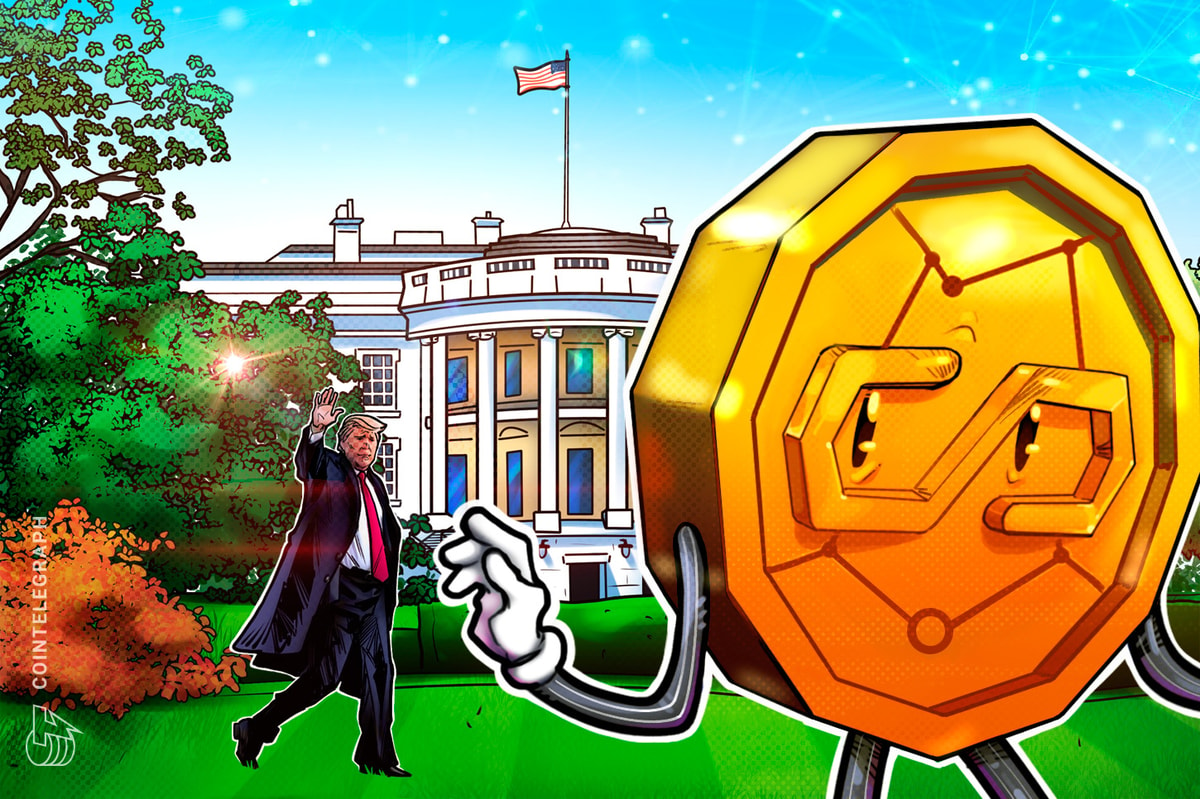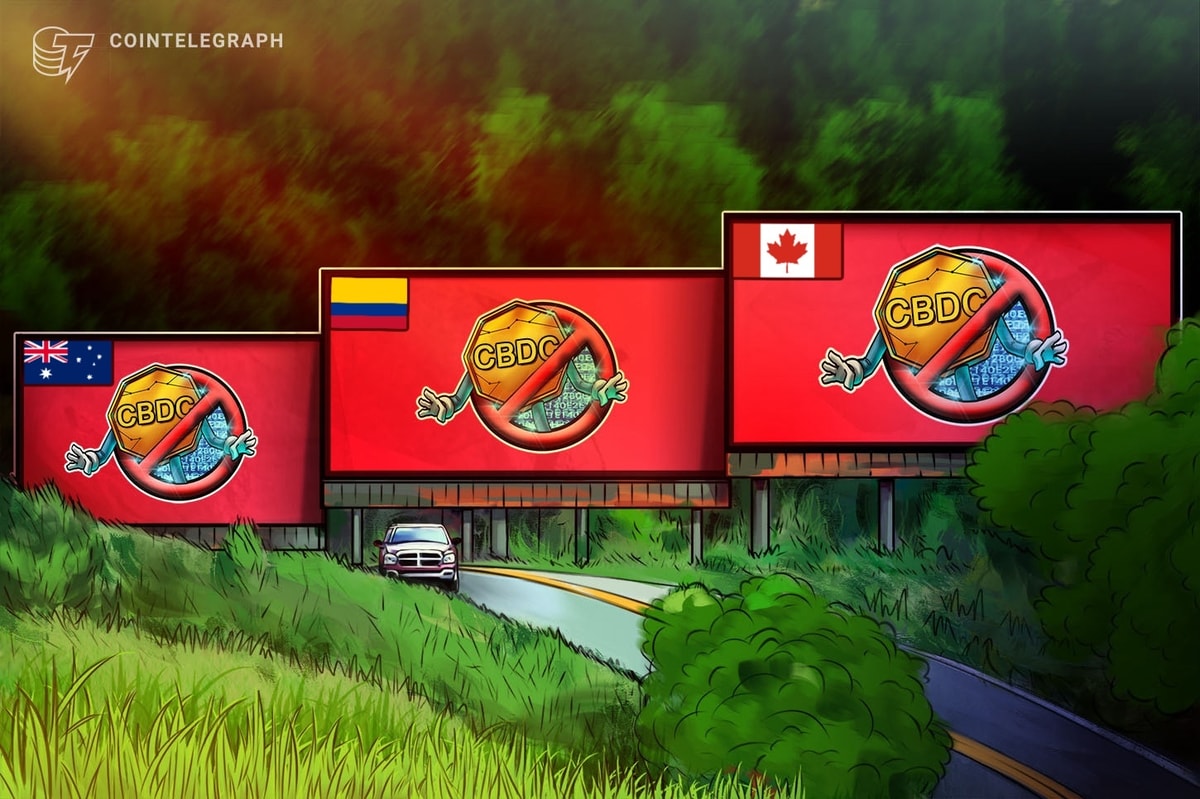
Crypto POS Service Provides Relief to Venezuelan Refugees
Refugees migrating from Venezuela to Colombia can now use cryptocurrencies to make purchases across the border.
Panda Group, the operators of Colombian platform Panda Exchange, has created a new service that aims to alleviate some of the issues that Venezuelan refugees deal with as they pass through the border to their neighboring country.
The crypto service is a point-of-sale (POS) shop on the border where visitors can purchase various goods using cryptocurrencies. Typson Sanchez, co-founder and CTO of Panda Exchange, shared a tweet revealing that the new service has been launched in Santander, Colombia, serving refugees crossing the Simón Bolívar International Bridge.
As it stands, users can walk up to the shop and purchase goods in the physical store using bitcoin (BTC), bitcoin cash (BCH) and DAI. The service makes the appropriate currency conversions, and the shop is paid in Colombian pesos.
Customers can also purchase bitcoin at the store. The store uses the prevailing peso-to-bitcoin conversion rate on LocalBitcoins. Exchanging bitcoin through the service incurs 10 percent fees for buyers and 5 percent fees for sellers.
Bitcoin in Venezuela
While cryptocurrencies are mainly seen as stores of value in developed countries, in Venezuela, where its national currency, the bolivar, is experiencing dramatic inflation, bitcoin in particular has come to function as a practical means of payment.
Demonstrating the crisis back in February, popular artist cryptograffiti teamed up with the #AirdropVenezuela campaign. He auctioned off a portrait of Nicolas Maduro, the autocratic leader of Venezuela, constructed with 1,000 bolivars. For each crypto donated to the cause, a bolivar from the portrait was torn off.“The piece-by-piece dismantling of the bolivars by those choosing to donate crypto is meant to represent a new beginning made possible by a new form of money not controlled by any one authority,” cryptograffiti told Bitcoin Magazine. “There is also symbolism in how these donations have the ability to come from outside of a region known for heavily regulated currency controls.”










